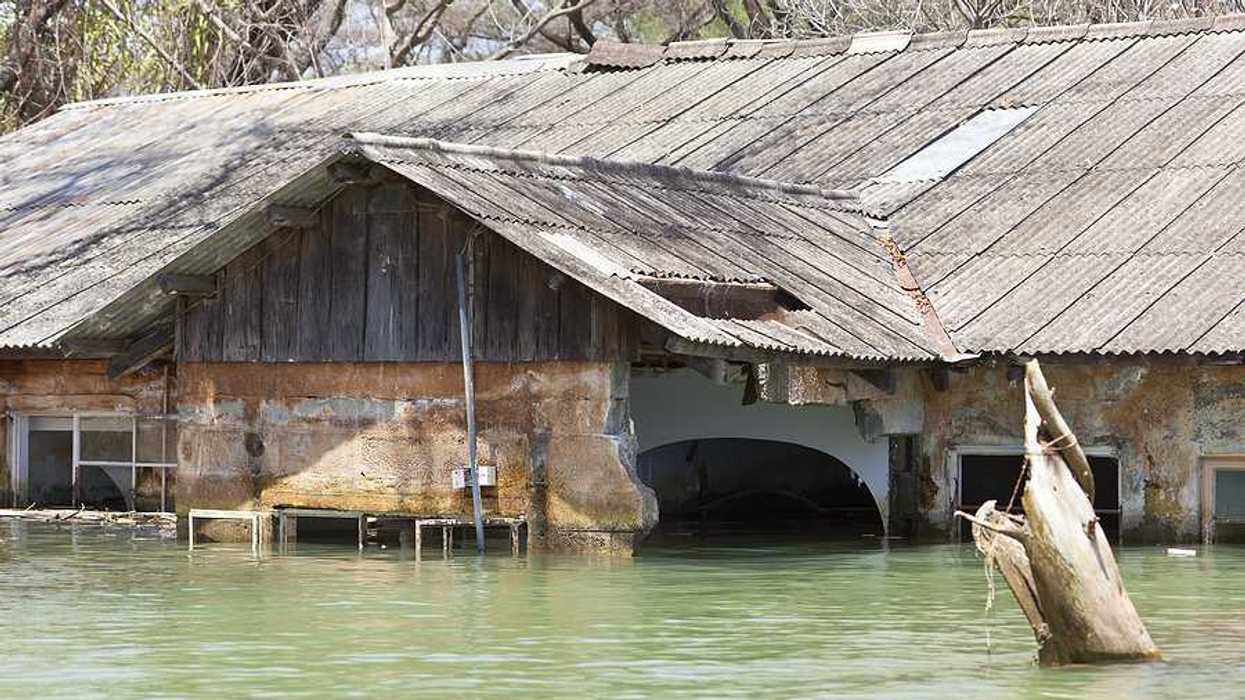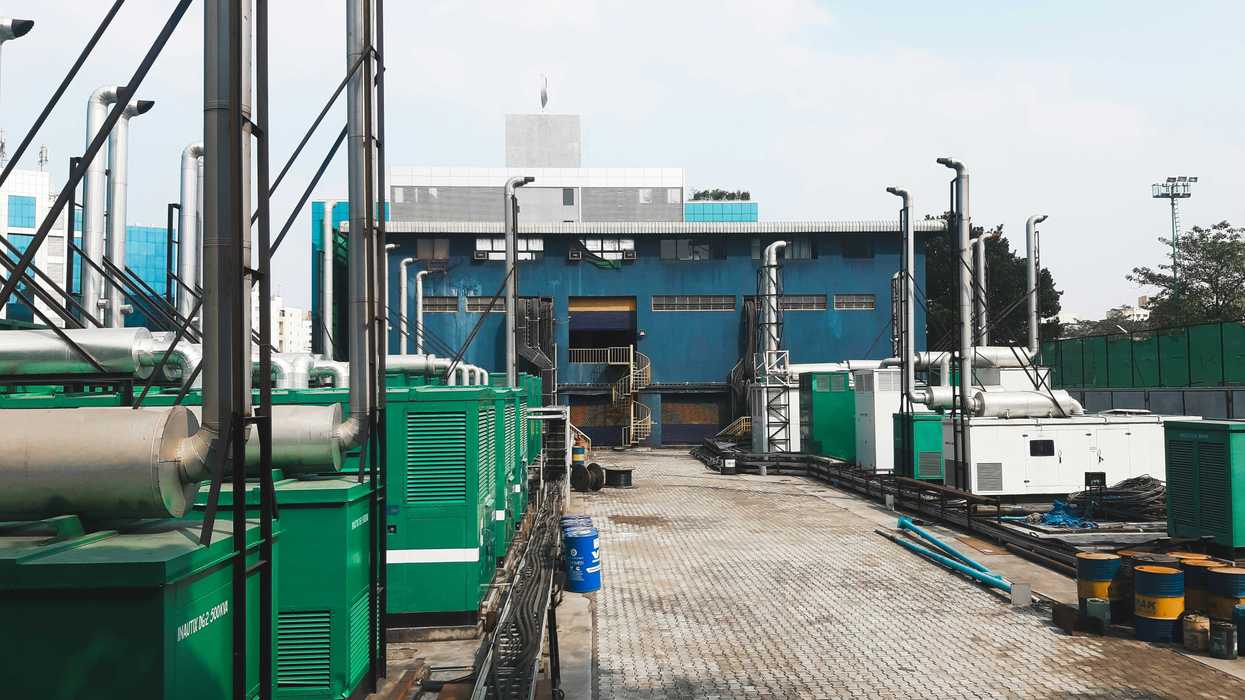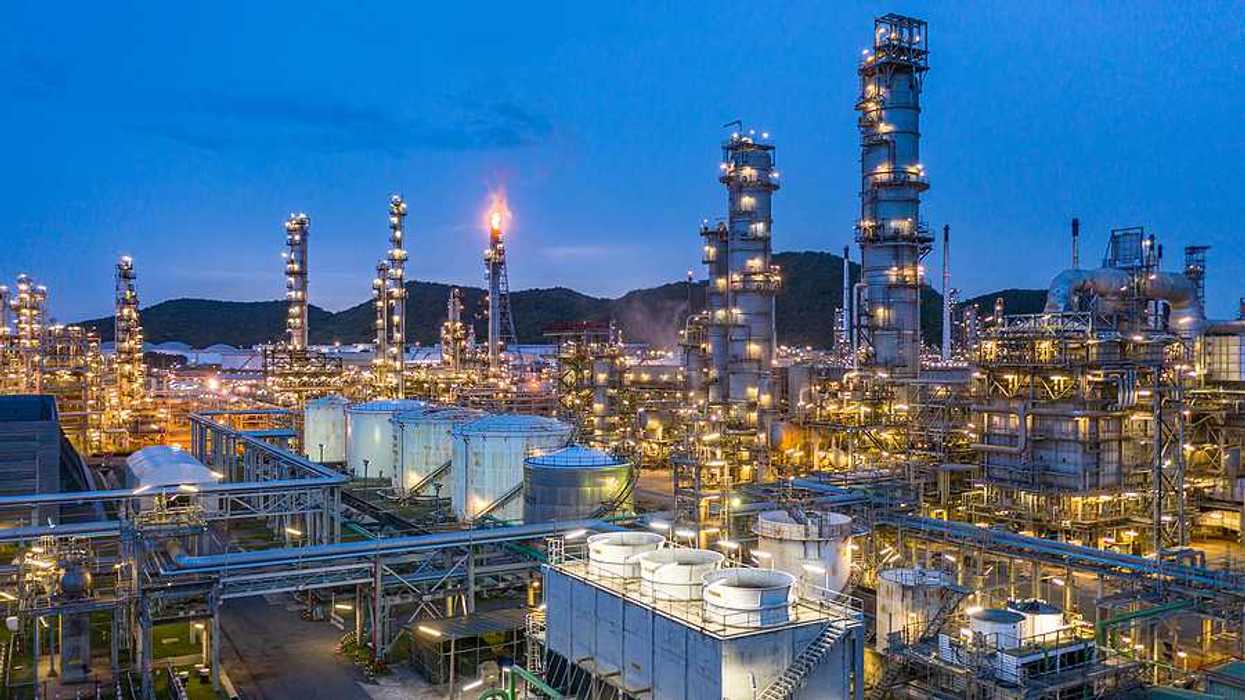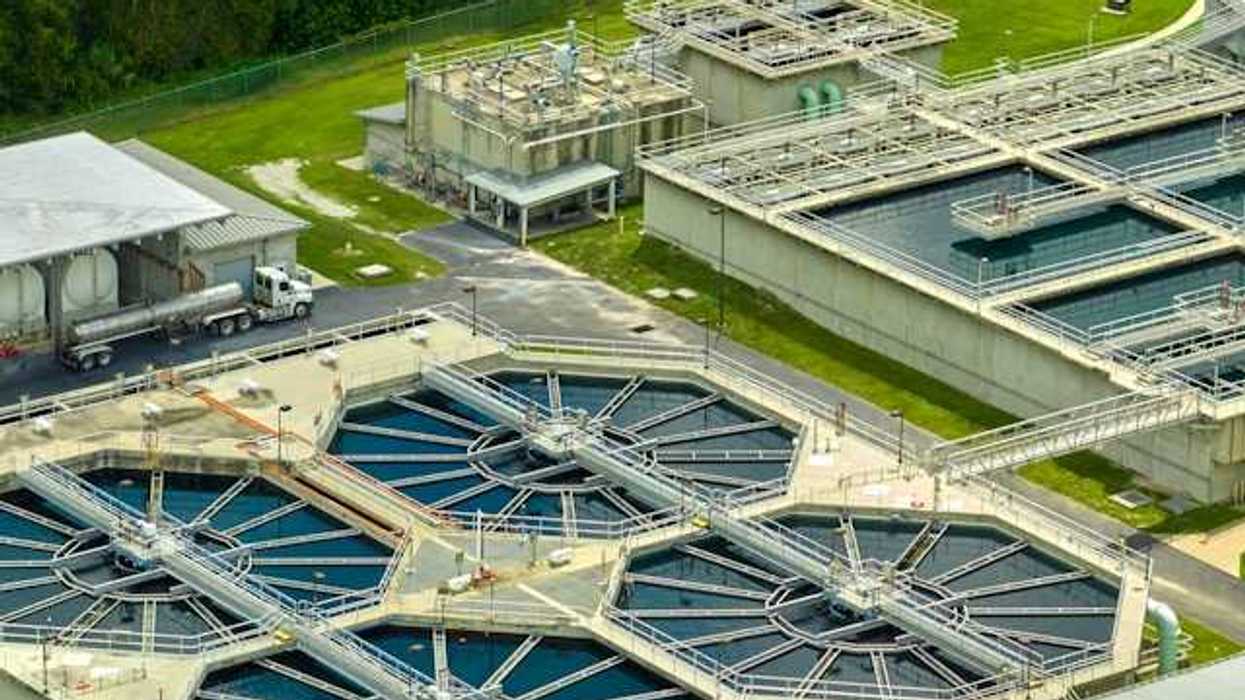A new privately-funded satellite, MethaneSAT, aims to revolutionize how we detect and quantify global methane emissions, crucial in the fight against climate change.
Jill English reports for CBC News.
In short:
- MethaneSAT will enhance the detection of methane, a potent greenhouse gas, pinpointing the quantity and sources of emissions worldwide.
- The mission is a collaboration involving the Environmental Defense Fund, Google, and other partners, addressing a critical gap in current methane monitoring capabilities.
- This initiative will provide invaluable data, aiding policymakers and experts in implementing effective methane reduction strategies.
Key quote:
"We don't have a really granular picture on the true amount of methane that's being emitted... MethaneSAT fills a critical data gap that current missions aren't capable of."
— Katlyn MacKay, Canadian scientist with the Environmental Defense Fund
Why this matters:
MethaneSAT targets a gas far more damaging than CO2, providing data critical for shaping informed policies and actions to mitigate climate-related risks. This technological advance ties into broader environmental concerns and national efforts to combat climate change, marking a significant stride towards global climate goals.
Methane and other air pollutants seep from wells — both active and inactive — and from equipment.














